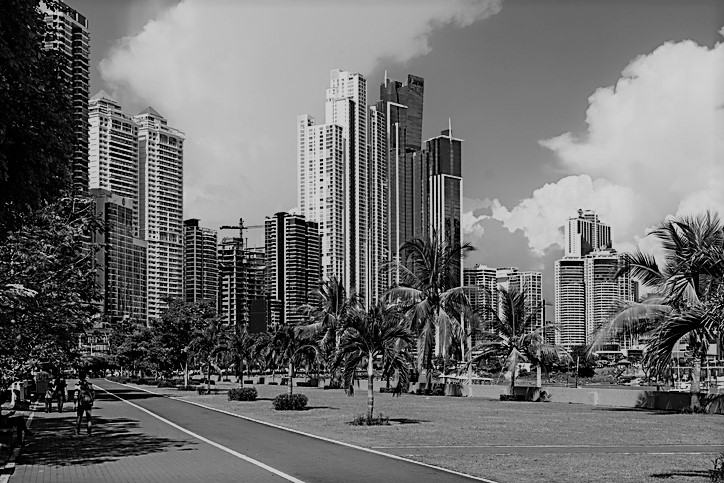Ever since its dictator, Manuel Noriega, was captured by U.S. troops in 1989 and jailed for 30 years for drug trafficking, racketeering and money laundering, Panama has struggled to live down its reputation as a financial haven for the profits of crime.
The country has tried to boost legitimate income by developing tourism, banking reforms and a major refurbishment of its ocean-linking canal. The arrival of the globally recognized Trump brand, first with the staging of Miss Universe in 2003 and later with the opening of Ocean Club at a ceremony in 2011, marked a step along the road towards rehabilitation.
But there have been hiccups. Ricardo Martinelli, the country’s president from 2009 to 2014, who was called “my friend” by Trump at that at the opening of the Ocean Club, was arrested in Miami in June 2017 on an extradition warrant from Panama. He was alleged to have tapped the phones of opposition politicians and is facing multiple investigations for corruption. Martinelli has denied the charges, calling them politically motivated.
In a report out today, Global Witness, an anti-corruption watchdog, says that Panama in the 2000s presented particular challenges for property developers. “Although there was no requirement in Panamanian or U.S. law at that time that developers or licensors like Trump conduct due diligence on unit purchasers, any responsible businessperson who wanted to prevent money laundering should have ensured such checks took place,” the report says.







